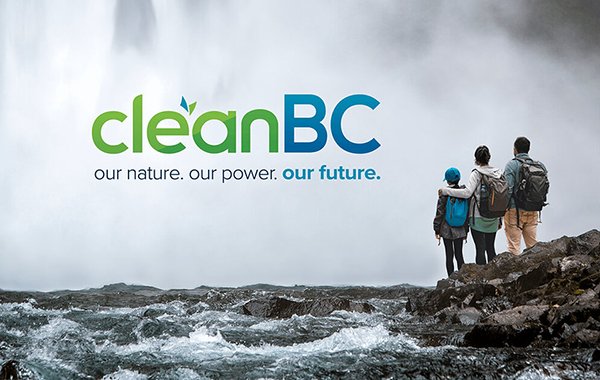Home »
New or expanded organic waste-processing facilities and organic collection programs are being funded under British Columbia’s CleanBC Organic Infrastructure and Collection Program, including three in the East Kootenay, the Ministry of Environment and Climate Change Strategy announced today.
With today’s announcement, 23 projects will receive almost $12.48 million from the province. This includes six organics infrastructure projects and 17 collection programs.
The City of Fernie, City of Kimberley and District of Invermere will be receiving funds for organic collection programs.
The City of Fernie is getting $176,001 for a new food and yard waste collection program to serve more than 2,000 residential homes within the city. The estimated project total is $264,000.
The City of Kimberley is receiving $198,400 for a new food and yard waste collection program to serve more than 3,000 residential homes within the city. The estimated project total is $647,600.
And the District of Invermere is getting $173,219 for a new food and yard waste collection program to serve over 1,500 residential homes in the district. The estimated project total is $271,729.
“With the recent climate-related emergency events – from wildfires to flooding – people and communities are increasingly committed to reducing our carbon footprint,” said George Heyman, Minister of Environment and Climate Change Strategy. “By diverting organic waste from landfills, these projects will reduce the release of methane greenhouse gases and remove an estimated one million tonnes of carbon-dioxide equivalent over 10 years.”
Launched in 2020, the program is providing as much as $25.9 million over three years to communities to develop or expand their ability to divert organic waste from landfills. Through cost-sharing arrangements, the funding recipients are contributing at least one-third of eligible project costs. Recipients include four First Nations communities.
“These grants support the aims of local governments to divert organic waste from landfills and reduce GHG emissions from operations,” said Laurey-Anne Roodenburg, president of the Union of B.C. Municipalities, and City of Quesnel councillor. “The provincial funding of this program is greatly appreciated and will result in projects that will provide B.C. residents with lower carbon communities.”
Organic waste represents 40% of material sent to municipal landfills in B.C. and generates 3.5% of the province’s greenhouse gas emissions, the Ministry of Environment and Climate Change Strategy reported.
It is estimated the projects announced Dec. 3 will result in a reduction of as much as 525,567 tonnes of CO2e (carbon dioxide equivalent – a standard unit for measuring carbon footprints from different GHGs) over 10 years.
And it is estimated seven new jobs are created with every 1,000 tonnes of organics diverted from landfills.
CleanBC is targeting a reduction of 0.7 megatonnes of GHGs by 2030 by diverting organics from the municipal, agricultural and industry sectors, converting organic waste into useful products and capturing methane to be used as a cleaner fuel source.
e-KNOW
December 3, 2021
December 3, 2021
December 3, 2021
December 3, 2021
December 3, 2021
December 3, 2021
December 3, 2021
December 2, 2021
Sign up for our weekly e-newsletter highlights and breaking news feature.
document.getElementById( “ak_js” ).setAttribute( “value”, ( new Date() ).getTime() );
Local organic collection programs getting funds | Columbia Valley, East Kootenay, Elk Valley, Fernie, Invermere, Kimberley – E-Know.ca



